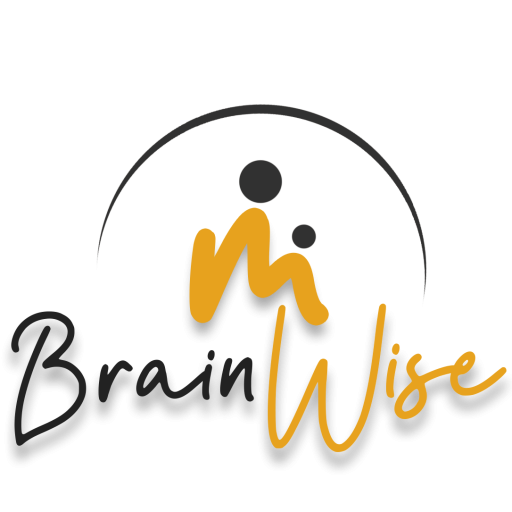Daily Improvements Start Here: The…
Daily Improvements Start Here: The Journaling Advantage In a world full of constant change, stress, and endless to-do lists, finding tools to help us grow, destress, and stay centered is invaluable. Journaling—a simple habit of putting thoughts, experiences, and reflections on paper—has been a trusted tool for many. More than just writing, journaling can spark … Read more




